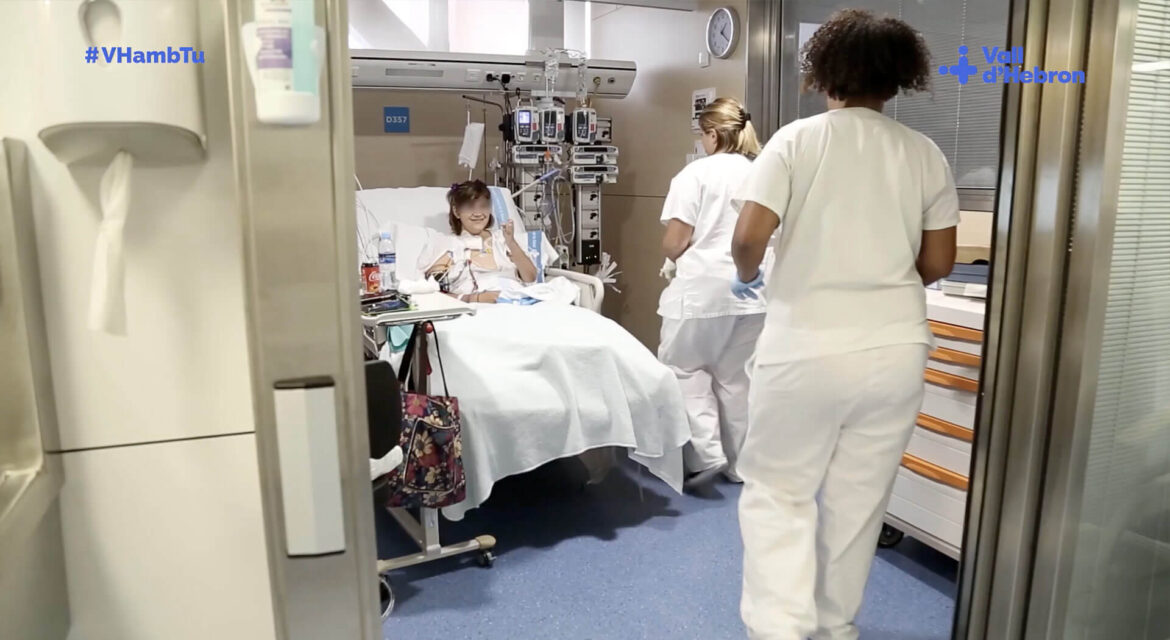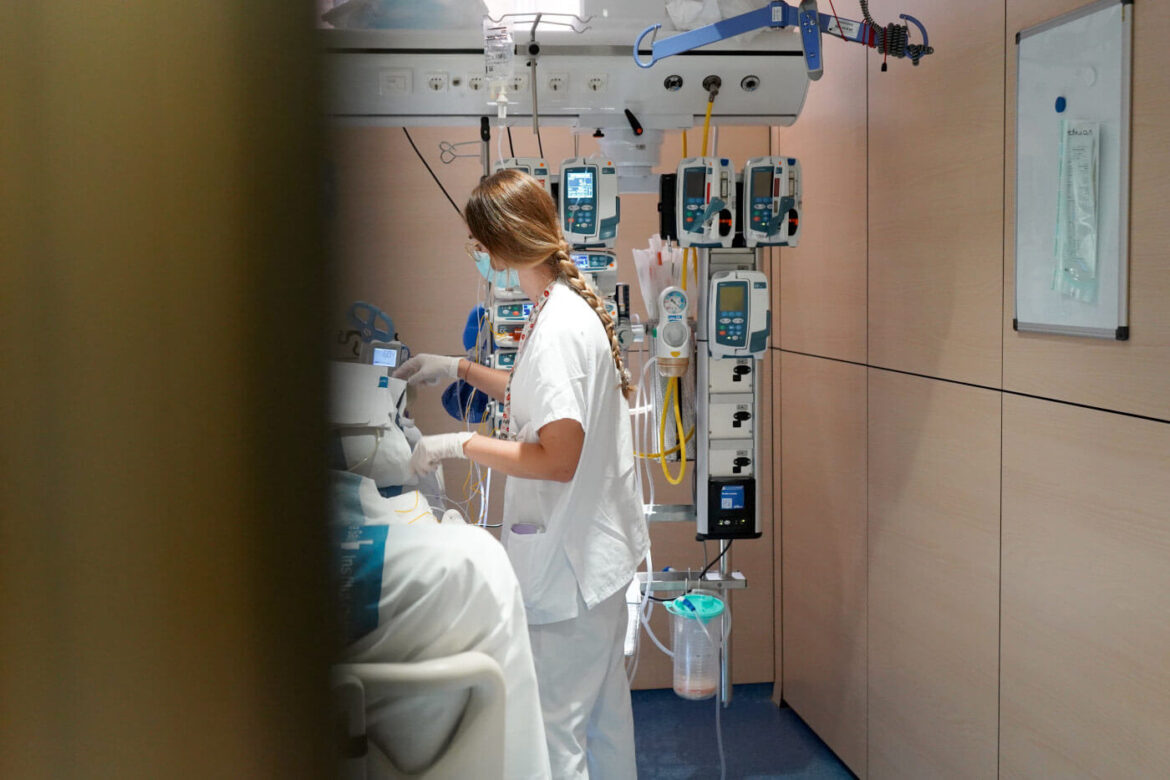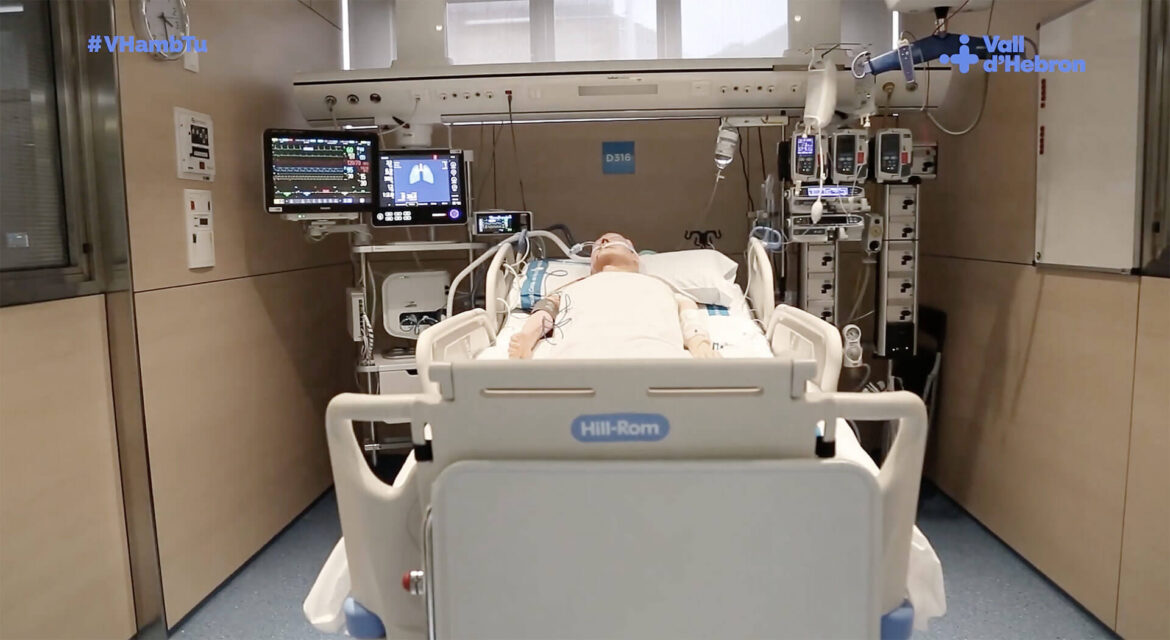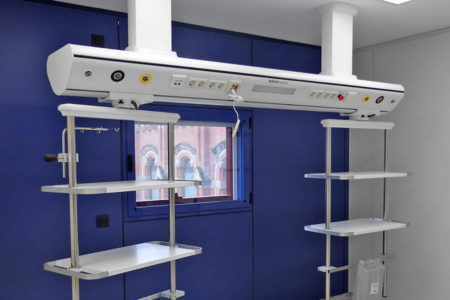In the realm of medicine and healthcare, technology is playing an increasingly relevant role in enhancing patient care and the efficiency of medical processes. One of the most notable examples of this trend can be found at the Hospital Vall d’Hebron in Barcelona, which has recently celebrated the fifth anniversary of its Smart Intensive Care Unit (Smart ICU).
This cutting-edge medical facility has achieved an unprecedented milestone in Spain by leading the adoption of connected medical devices and the optimization of secondary data, thereby redefining the enhancement of healthcare and clinical decision-making.
The Vall d’Hebron Smart ICU: A Benchmark in Medical Innovation
The Vall d’Hebron Smart Intensive Care Unit (Smart ICU) was established in 2018 with the aim of transforming the way medical care is provided in intensive care units. This visionary initiative has not only become a benchmark in Spain but has also garnered international attention for its cutting-edge approach to integrating technology in healthcare.

Connected Medical Devices: The Key to Transformation
One of the standout aspects contributing to the success of Vall d’Hebron’s Smart ICU has been the integration of connected medical devices. This entails that the equipment utilized in intensive care units, such as vital signs monitors, mechanical ventilators, and infusion pumps, are linked to a data network allowing real-time monitoring of patients. The collected data is accessible to physicians and nurses through advanced clinical information systems.
Secondary Use of Data: Life-Saving Information
The secondary use of data has become a crucial tool within Vall d’Hebron’s Smart ICU. Patient data collected is employed not only for immediate care but also for research and retrospective analysis. This has led to significant advancements in the understanding and treatment of critical illnesses.
Benefits for Patients and Healthcare Professionals
The implementation of connected medical devices and the secondary use of data in Vall d’Hebron’s Smart ICU has yielded tangible benefits for both patients and healthcare professionals. By having access to real-time data, doctors can make more informed and prompt decisions about patient care. This has led to a reduction in medical errors and an improvement in clinical outcomes.
From the patients’ perspective, this technology has enabled more individualized and accurate care. Constant monitoring ensures that any changes in a patient’s condition are immediately identified, often leading to earlier intervention and, consequently, faster recovery.

Tedisel Driving Health Innovation with its Products
In Vall d’Hebron’s Smart ICU, technology lies at the heart of healthcare. In collaboration with prominent figures in the medical industry, Tedisel has equipped the hospital with one of the most renowned products in the market, known for its exceptional capacity to optimize space and provide an unparalleled level of comfort to our clients:
ATLAS
We introduce our innovative suspended ceiling system, carefully designed to meet all needs and maximize space in critical areas. Among its various solutions, it stands out for its unique feature: the ability to incorporate accessories on customizable technical rails and vertical carts. This quality stands as its main differentiator.

“If your goal is to optimize both available space and patient comfort, look no further. Our proposition stands as the optimal choice for achieving efficient distribution and an environment conducive to the well-being of those in need.”
In summary, our dedication lies in providing our medical teams with the cutting-edge tools necessary to deliver top-notch care. Patients who place their trust in us can be assured they are receiving an unparalleled level of attention.
As we celebrate the fifth anniversary of this pioneering intensive care unit, we continue to look forward with enthusiasm. We recognize that technology will remain our inseparable companion in our constant pursuit of excellence in the realm of healthcare.









